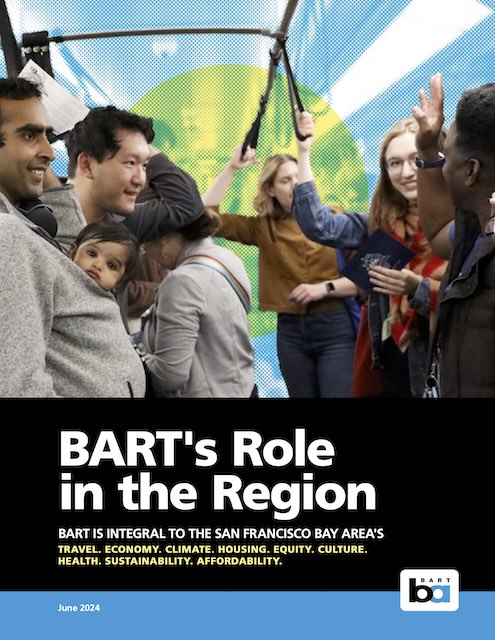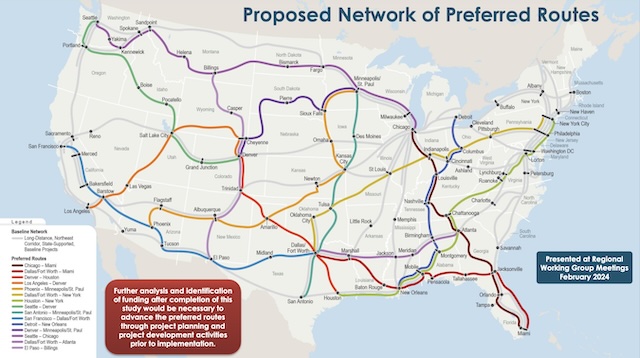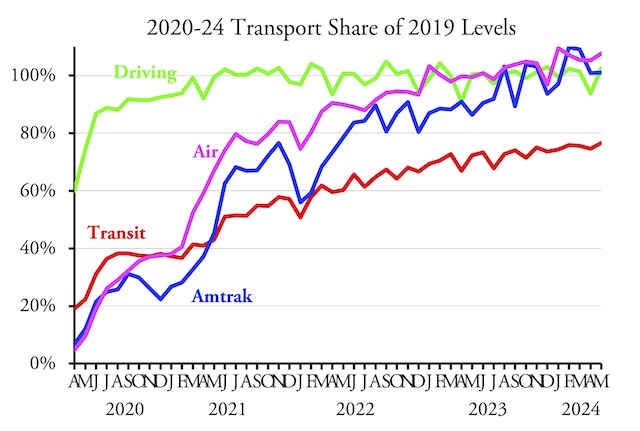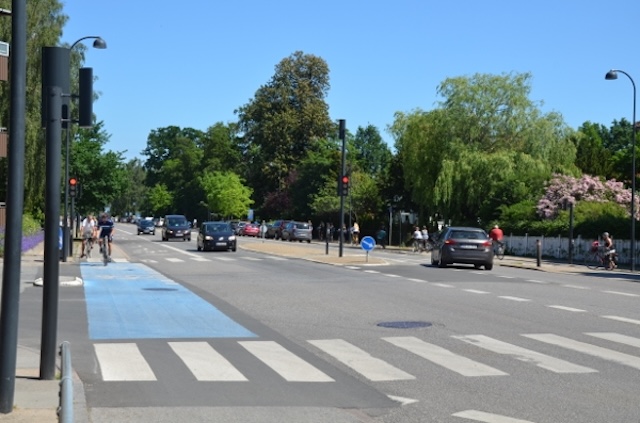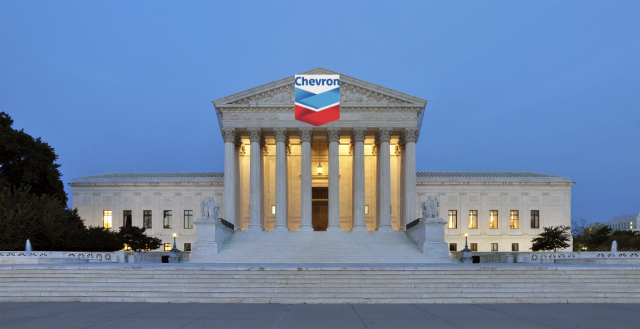Ridership on Florida’s Brightline passenger trains has more than tripled since the company opened its extension to Orlando last September. However, that increase hasn’t been enough to cover costs, as the company reported losing $116 million in the first three months of 2024. This is more than double the $53 million it lost in the first quarter of 2023, indicating that expenses increased by nearly three times as much as revenues.
Brightline’s station at Orlando International Airport. Photo by elisfkc.
When the Orlando line opened, Brightline predicted that it would carry 7.0 million passengers in 2024. However, it has recently reduced that estimate to 5.5 million. One problem is that Brightline has had to turn away passengers in the “short-distance” Miami-West Palm Beach segment of its route in order to keep seats available for the “more profitable long-distance” travelers to or from Orlando. As of May, year-to-date revenue in the short-distance segment declined from $18.8 million in 2023 to $17.2 million in 2024. Continue reading


